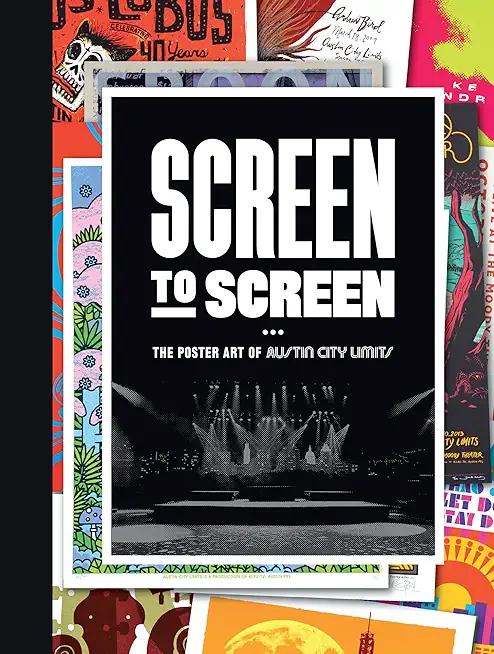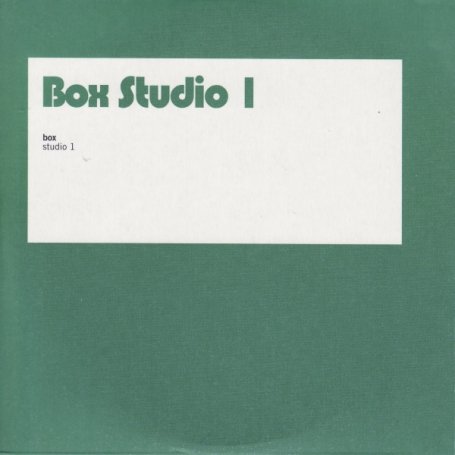
Popoff, Martin
product information
description
9Let's face it, without the larger-than-life character and imagination of the art that complements it, metal just wouldn't have had the same impact. From the colorful, outlandish, yet sophisticated use of visuals for album artwork and posters, to the immediately recognizable logos of such bands as Black Sabbath, Iron Maiden, Judas Priest, Motörhead, Metallica, Slayer, and a host of others across many subgenres, there's a close-knit relationship between the riffs that thunder from the guitar and the images that have come to represent the songs, anthems, and sheer nature of the beast. Does any other form of music immediately conjure up such evocative and distinctive images as the mere mention of the term "heavy metal" does? The answer is simple: no! From its inception in the 1960s through to today's giants, the art has been closely connected to the music. Every classic album brings to mind a readily identifiable album cover. Each great band has an immediately identifiable logo. All of the landmark gigs have a poster that quintessentially depicts the time, place, and passion of the event. It's all developed so far along the road that, today, the art that has been used to illustrate the music now stands on its own. There are exhibitions of the finest examples created by the truly outstanding artists. These works are collectible in their own right. What might have begun as a way of packaging metal has taken on a life of its own--moreover, it's even possible to trace the way the genre itself has evolved, and changed, by looking at its art. This book explores the ways in which the art has helped define each of the crucial subgenres that make up the multifaceted and colorful centipede that is metal.
member goods

Multi Metal Table
These are unique pieces by the artist. They can be modified in size and tailored to specific ...
$235.00
Metal Abstract Sculpture
These are unique pieces by the artist. They can be modified in size and tailored to specific ...
$150.00Return Policy
All sales are final
Shipping
No special shipping considerations available.
Shipping fees determined at checkout.







